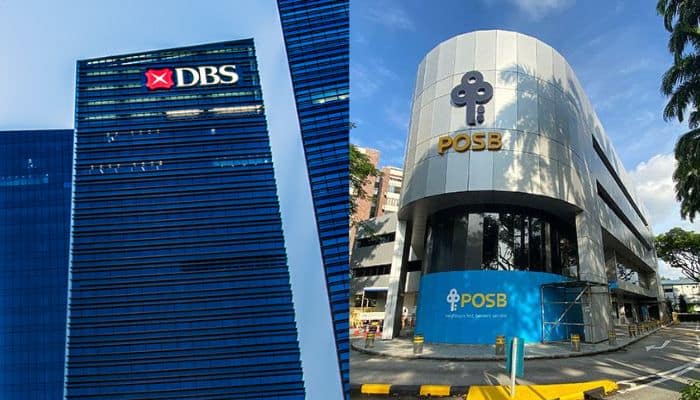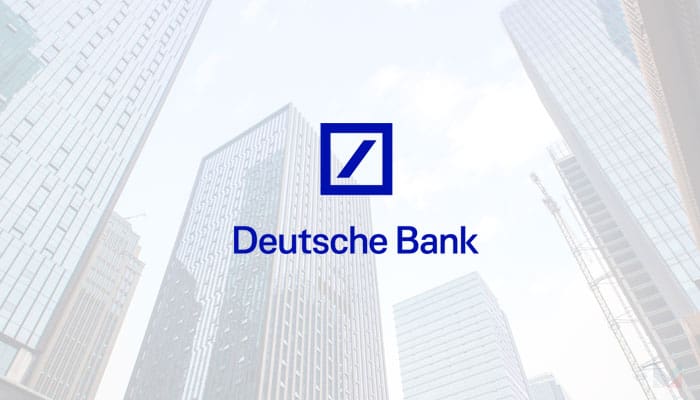Singapore – A staggering 70% of banks in APAC failed to achieve digital transformation for their banking platform, as reported by Backbase.
The latest report challenges the long-standing default approach of building in-house solutions for digital engagement banking platforms.
According to the data, 65% of mid- to large-sized banks in the region have opted to build their engagement banking platform in-house to attain digital transformation. And of this number, 70% of these projects have failed due to costly and lengthy in-house efforts.
An overwhelming 80% of digital engagement platforms built in-house with a budget of $10 million also face underperformance and have not yielded the desired ROE in their digital initiatives.
Despite having embarked on digital transformation since the 2000s, many banks in APAC remain at an early stage, failing to fully capitalize on its benefits and deliver compelling digital customer engagements.
Furthermore, the latest report also highlights a crucial disconnect between banks and their customers, where most banking products and offerings are deemed “me-too” and limited, resulting in shortfalls in digital experiences.
As banks focus on locking in a high amount of resources to get banking platforms into shape, they fail to prioritize the creation of differentiated upstream customer journeys and experiences. As a result, customers face challenges accessing multiple services through disparate interfaces, lack a unified view of their portfolios, and endure lengthy onboarding processes.
The demand for instantaneous approvals and streamlined digital processes remains unmet, while personalized experiences, segmentation, and relevant promotions based on customers’ lifestyles, life moments, and goals continue to elude them.
Additionally, backend operations suffer due to the lack of intelligent assistance in contact centers, leaving customers repeating information to different service officers due to the absence of a 360-degree unified customer view.
However, the current report also found that the “Adopt and Build” approach is a pragmatic solution for banks to accelerate their go-to-market efforts, differentiating where it matters instead of reinventing the wheel by building from scratch.
By adopting a collaborative platform and building upon it, banks can achieve a 40% faster time-to-market, where digital engagement banking platforms can be launched within 11 months, as compared to the traditional 20 months with a full “build” approach. In addition, “Adopt and Build” had proven to be more cost-effective, offering 2.3 times more than the traditional in-house “build” option.
The “Adopt and Build” approach was rated highest and had shown tangible advantages across six key metrics: market fit and differentiation, legacy risk, build risk, time to market, modernizing talent and IT skill sets, and regulatory compliance. This is in comparison to the “Build” and “Buy” approaches.
The in-depth report draws insights from 125 banks and 316 CIOs in APAC to offer a full regional perspective on digital transformation. Backbase commissioned IDC InfoBrief for the report.
Ashish Kakar, research director of financial insights at IDC Asia Pacific, said, “Building in-house has been a de-facto strategy by banks, but it’s no longer feasible to deliver to the pace and scale that is required to be competitive. The complexities that come with the extensive amount of data layers, channels, features, upstream and downstream integration that needs to support legacy and modern systems to manage and orchestrate sophisticatedly is where in-house implementation breaks apart.”
Riddhi Dutta, regional vice president at Backbase Asia, also shared, “A true platform comes with all the hygiene requirements from market fit, to security and regulatory compliance, to being versatile and customizable to support each bank’s unique customer needs. The platform is a composable fabric providing modularity and re-usable data and journeys for banks to help banks futureproof at scale.”










